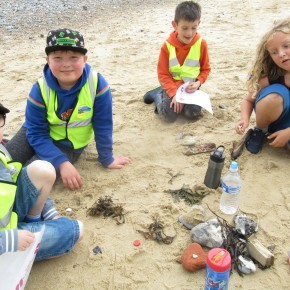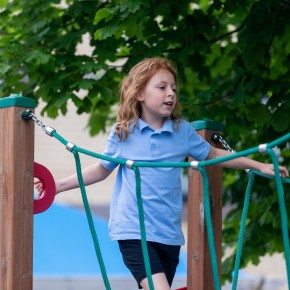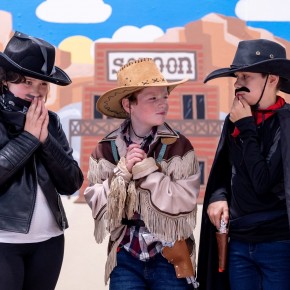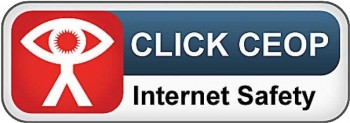History
![shutterstock_1226684392-[Converted]](/images/uploads/2/4422/shutterstock_1226684392-%5BConverted%5D.jpg) Key aspects and concepts, such as chronology, cause and effect, similarity and difference, significance and hierarchy, are revisited throughout all projects and are developed over time.
Key aspects and concepts, such as chronology, cause and effect, similarity and difference, significance and hierarchy, are revisited throughout all projects and are developed over time.
The history projects are well sequenced to provide a coherent subject scheme that develops children’s historical knowledge, skills and subject disciplines. Key aspects and concepts, such as chronology, cause and effect, similarity and difference, significance and hierarchy, are revisited throughout all projects and are developed over time. All projects also develop historical skills based on evidence and historical enquiry. The choice of historical periods follows the guidance set out in the national curriculum, with specific details relating to significant events and individuals chosen to present a rich and diverse account of British and world history. Where there are opportunities for making meaningful connections with other projects, history projects are sequenced accordingly. For example, the project Dynamic Dynasties is taught alongside the art and design project Taotie to give children a better all-round understanding of ancient Chinese arts and culture. All history projects are taught in the autumn and summer terms, with opportunities for schools to revisit historical concepts in some of the spring term geography projects.
Lower Key Stage 2
In Year 3, children begin the autumn term by studying the chronology of British history in the project Through the Ages. This project teaches children about the significance of prehistoric periods and the changes in Britain from the Stone Age to the Iron Age. In the summer term, children continue to develop their knowledge of the chronology of British history in the project Emperors and Empires. This project teaches children about the Roman Empire, its invasion of Britain and Britain’s ensuing Romanisation. In the autumn term of Year 4, children resume their learning about British history in the project Invasion. This project teaches children about the Roman withdrawal and the invasion and settlement of the Anglo-Saxons and Vikings. This project concludes at 1066, which meets the guidance from the national curriculum for British history. In the summer term of Year 4, children begin their studies of ancient history by studying the overview project Ancient Civilisations. This project enables children to learn about the achievements of the earliest civilisations, including ancient Sumer, the Indus Valley civilisation and ancient Egypt.
Upper Key Stage 2
In the autumn term of Year 5, children continue to build their knowledge of ancient civilisations with an in-depth analysis of ancient China in the project Dynamic Dynasties. This project enables children to study the significance and influence of ancient China and its prowess and advancements in the written word, technology and metalwork. In the summer term, children further study ancient and world history in the project Groundbreaking Greeks. This project enables children to explore life in ancient Greece, including examining the achievements and influence of ancient Greece on the western world. In the autumn term of Year 6, children study the more complex historical issues of enslavement, colonialism and power in the project Maafa. In this project, children explore a range of African kingdoms, including the Kingdom of Benin, and study Britain’s role in the development, perpetuation and abolition of the slave trade. In the summer term of Year 6, children complete their historical studies with the project Britain at War. This project enables children to study the role war has played in Britain’s history since 1066, focusing on the First and Second World Wars as crucial turning points in British history. Throughout the history scheme, there is complete coverage of all national curriculum programmes of study. CurriculumPRO allows teachers to interrogate the sequencing of curriculum aspects and concepts, vocabulary and connectivity of the history scheme with other curriculum subjects.





![shutterstock_1226684392-[Converted]](/images/uploads/2/4422/shutterstock_1226684392-%5BConverted%5D.jpg) Key aspects and concepts, such as chronology, cause and effect, similarity and difference, significance and hierarchy, are revisited throughout all projects and are developed over time.
Key aspects and concepts, such as chronology, cause and effect, similarity and difference, significance and hierarchy, are revisited throughout all projects and are developed over time.




